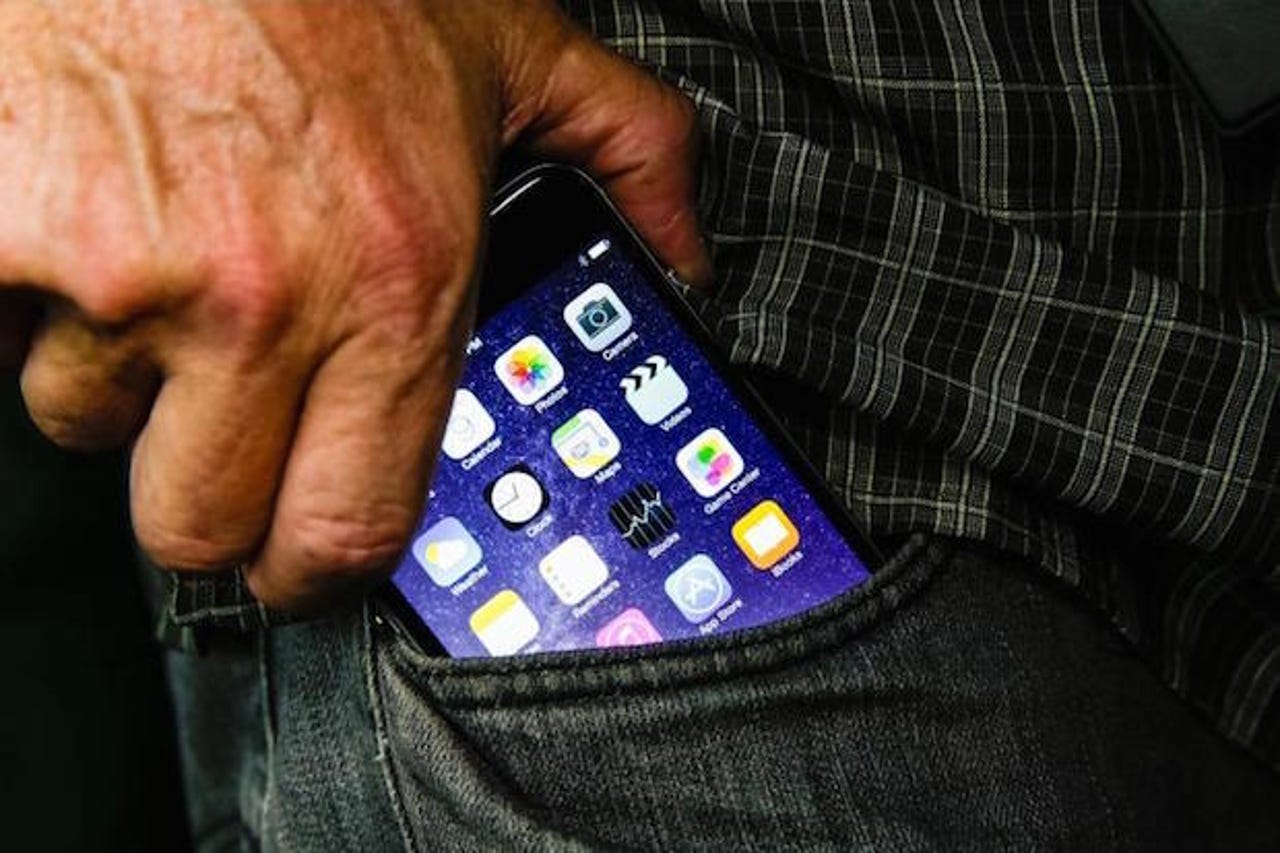Six reasons why you should not immediately upgrade to iOS 8

Ahead of Wednesday’s release of Apple’s latest mobile operating system, a good number of users should steer clear of iOS 8 — at least, for now.
The new software includes dozens of new features, including a number of productivity tweaks, continuity between iPhones, iPads, and Macs, and a bevy of business-ready features designed to entice prosumers and enterprise users alike.
But not everyone will want to — or necessarily should — install the latest version on their Apple smartphones and tablets.
Before you download the software, which will be rolling out across the globe from Wednesday morning in your locale and throughout the day, you should think before jumping the gun.
Here are six important considerations:
1. Most apps will work, but the full experience won't land just yet
The vast majority of iPhone and iPad app developers will have used iOS 8 long before it was widely released on Wednesday. That gives them enough time to ensure their apps and services run with the latest software, with the benefits of the new features and developer hooks.
But some apps will fall behind the curve and not work — or fail to appear in the update list — because of an incompatibility issue.
In some cases, apps that were previously available may not be downloadable, in part because Apple approves each app before it can be uploaded to the App Store. Some apps can be stuck in this queue for weeks.
2. Upgrading will kill your jailbreak. A new one could take a while
Many users "jailbreak" the software — opening it up to unapproved apps, system tweaks, and other features that Apple buries deep down in the system, typically out of sight.
Some iOS 7 users already have a jailbroken device. In doing so, it voids the warranty, but opens up the device to extreme customization. Upgrading will all but certainly kill that jailbreak. And another one may not land for weeks, possibly months — it depends on how strong and secure Apple makes the software.
It’s been quiet on the iOS 8 jailbreak front, with very few iPhone and iPad hackers offering a firm timeline for offering their jailbreak wares. There’s almost no doubt many security experts and hackers will be working tirelessly on it from the moment they land their hands on the new software. But don’t expect anything immediate, even if some versions of the software have been cracked in less than a day.
3. Early adopters may experience a few bugs, quirks, and hiccups
There’s little doubt that, with Apple’s user base reaching into the hundreds of millions of users worldwide, iOS 8 will be of an exceptionally high quality. But even up to the last minute, the technology giant will be working out flaws, bugs, and quirks in the mobile software. In some cases, Apple will even call it expected behavior — even if it doesn’t seem like it.
More Apple Coverage
Up until now, the testing pool has been limited to select beta testers and developers. As it widens out to the general public, expect a few bugs and flaws that haven't yet been ironed out.
Those who upgrade on the first day may over time experience some issues or flaws, which are typically addressed in minor iterative updates over the coming weeks and months. It could lead some users frustrated by the slow update process.
4. Using a work phone? Your IT department might not be ready
Apple has included a number of enterprise-focused features, including strong passcodes, VIP message threads, roaming policies, and the latest government-grade encryption standards.
But some corporate users may not be allowed to upgrade to the latest software until an IT administrator or chief information officer approves the software.
Some sideloaded or internally developed apps, or mobile device management (MDM) solutions, may not yet be compatible with iOS 8. Some IT departments avoid new versions until all the bugs are ironed out, or until a better, more stable version of the software is released.
If you upgrade without permission from work, you could even find your device barred from use on the corporate network.
5. Older devices aren't fully equipped, may experience slowness
iOS 8 is compatible with iPhone 4s and later, iPad 2 and later, and iPad mini and later, along with iPod touch (fifth generation). Although compatible, older devices may not run the software with the glitz and the glamor of newer devices, which have better processors, more memory, and greater storage.
Users should be aware that older devices may be slow or sluggish at times, particularly if the device is low on storage or when running multiple apps at the same time.
If you are on an iPhone 4s and iOS 7 and you’re already having troubles, an upgrade to iOS 8 may not help you much.
6. Downgrading can be tricky, if not impossible
Once you install iOS 8, you’re stuck with it. That is, unless, you save "blobs" and other files, which the very vast majority of users won’t do, let alone know about.
As with other recent major iterations of iOS, it has become increasingly difficult (if not impossible) to downgrade to earlier major versions of iOS.
Even with some files saved, it often requires third-party non-Apple apps, and this process is not officially supported.
Related:
- Hands on with Apple's iOS 8 (pictures)
- iPhone 6, Apple Watch rollout: Winners and losers
- Apple to developers: Your apps will scale
- Apple beefs up enterprise support in iOS 8
- Apple's new iOS 8 openness brings new security threats
- Top five iOS 8 developer concerns
- HealthKit integration in iOS 8 will pull in billions for Apple
- Eight reasons why iOS 8 is going to be a big hit with BYOD
